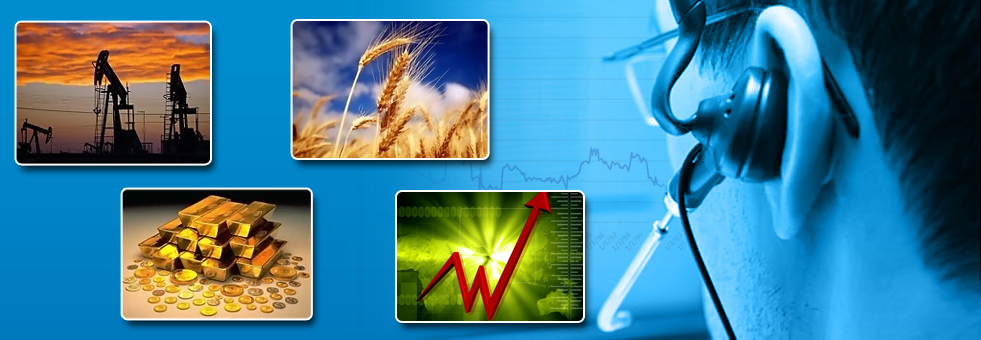Sean Kemery says that Commodity Trading Involves High Risk with High Reward

Sean Kemery handles commodities trading and indexes as a director and senior trader at Deutsche Bank AG in New York. Since joining the company in 2010, he has been responsible for successfully trading positions, bringing in new clients and maintaining relationships with existing ones, and is known for consistent trading results through varying market conditions. Sean Kemery says that Commodity Trading Involves High Risk with High Reward.
Overcoming preferences in commodity trading may be difficult for some especially if their inclinations tend to be framed in loss-avoidance scenarios.
Commodity trading is the buying and selling of contracts of items that we use everyday. It is the trading of primary or raw products. Some of the items traded in the commodities market include such common, everyday items as: soy beans, cotton, orange juice, cocoa, sugar, wheat, corn, barley, pork bellies, milk, feedstuffs, fruits, vegetables, other grains, other beans, hay, other livestock, meats, poultry, and eggs. Energy items that are traded on the commodity markets include oil, natural gas, electricity, and gasoline. The commodity speculators in the energy market were blamed for the recent price increase in the cost of gasoline at the pump.
Buying and selling commodities is very similar to buying stocks and bonds on the stock market but with much more risk. Since it is much more volatile, commodity trading is very speculative, involves a high degree of risk, and is designed only for sophisticated investors who are able to bear the loss of more than their entire investment. It is not for the investor with a weak stomach! However, commodity trading is a battle between return and risk. Because of the leverage involved, you can achieve a higher rate of return than from most other forms of investment, but at a higher risk.
Commodities trade on different markets than typical stocks. For example, most people are familiar with NASDAQ or NYSE (New York Stock Exchange) for trading stocks and bonds. But commodities are traded on the world market. A few of these places are the Chicago Board of Trade (CBOT), the New York Board of Trade (NYBOT) (these two exchanges trade much of the grain and agricultural commodities), the Chicago Mercantile Exchange (for livestock and meat), the New York Mercantile Exchange (NYMEX) for energy, and the London Metal Exchange for precious metals like gold and silver.
Since it is so risky and speculative, many investors shy away from investing in commodities. However it can be a very lucrative way to make money if you have the stomach for its wild ups and downs.
With 15 years of results-driven experience on Wall Street, Sean Kemery currently serves as director and senior trader at Deutsche Bank in New York. He holds a bachelor’s degree in economics from Skidmore College in Saratoga Springs, New York. Outside of his professional obligations, Sean Kemery makes generous contributions to a variety of philanthropic causes, including Autism Speaks.
Find more please visit: http://vizualize.me/SeanKemery